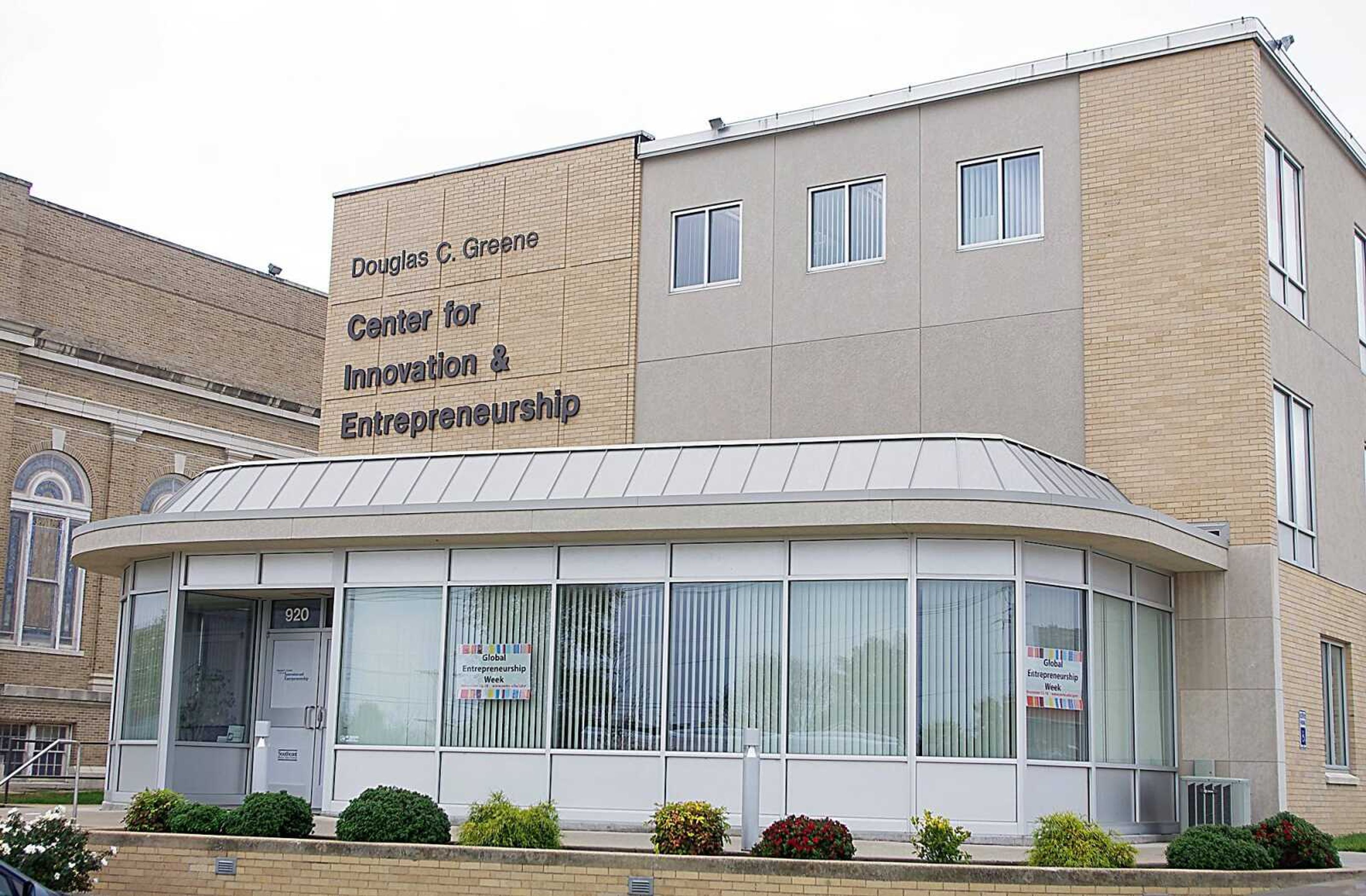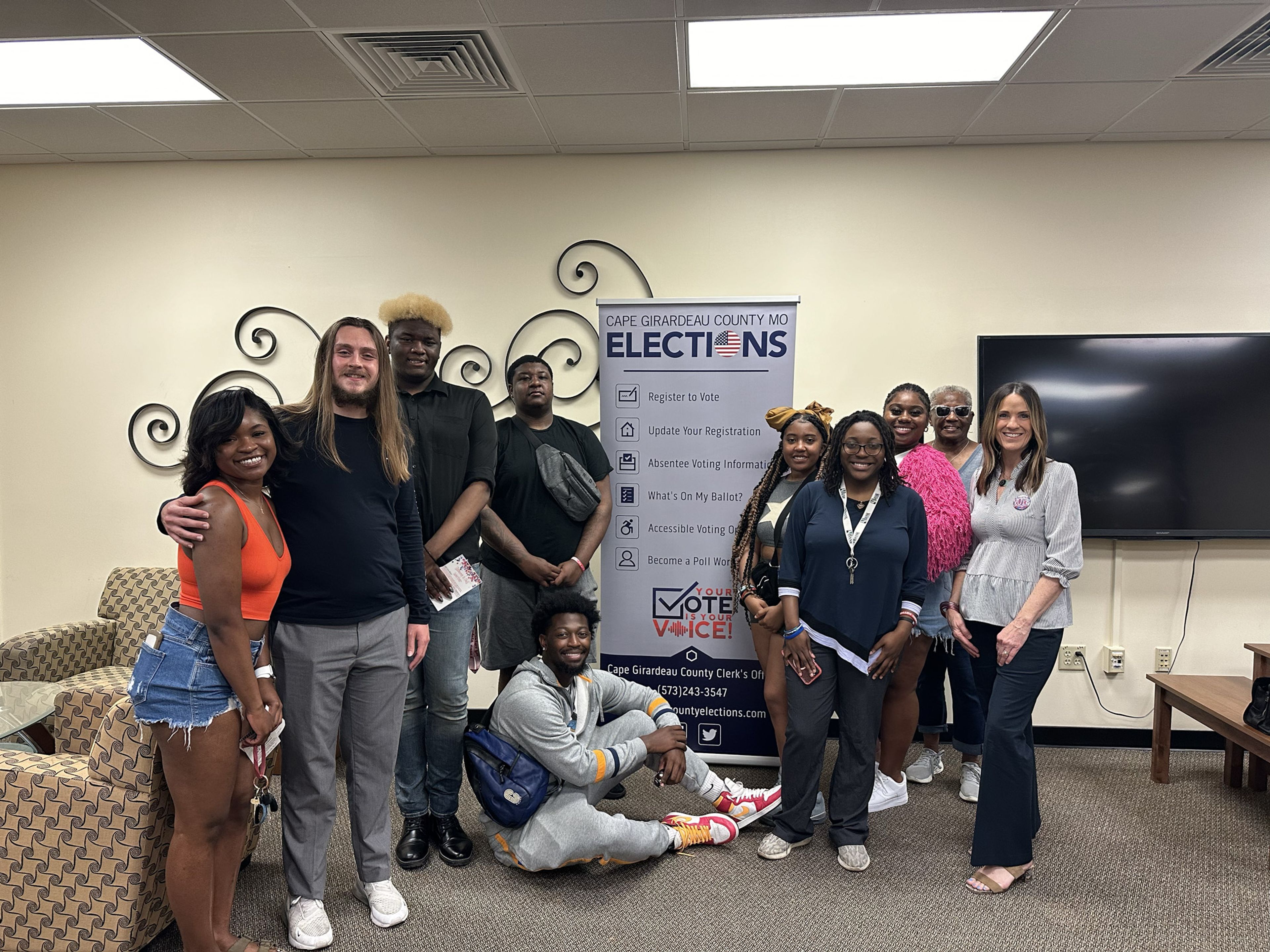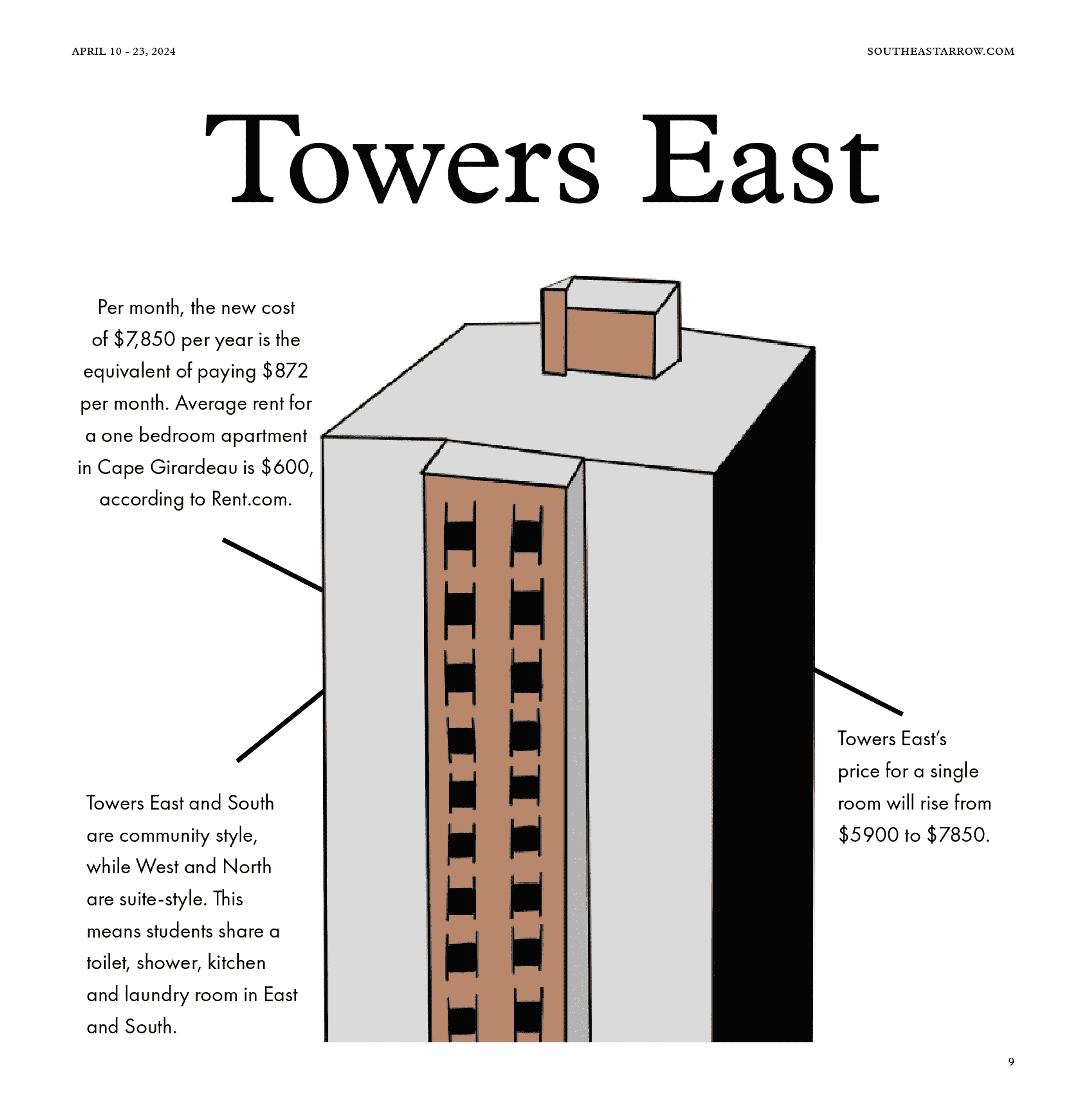Students competed to come up with the best idea for an entrepreneurial endeavor during Southeast Missouri State University's Douglas C. Greene Center for Innovation and Entrepreneurship's second Big Idea Competition.
Last year's event took place in the Glenn Auditorium, where finalists gave a three-minute elevator pitch in person to win the contest. An elevator pitch is a short explanation of an idea and how to make it happen. This year, competition coordinators hoped to expand the contest by having students submit their ideas online.
According to Matt Huber, project coordinator for the Douglas C. Greene Center, everything was online this year so students from other colleges on Southeast's campus wouldn't be discouraged by having to do their pitches in person.
Huber said another perk of doing most of the competition online is being able to expand the panel of judges, who are mostly Southeast entrepreneur alumni. Huber said this gives the competition a chance to have the best and most qualified judges, as the alumni who became entrepreneur partners with the Donald C. Greene Center are often sprawled across the country working on their own self-run businesses.
Students answered five questions, including what their big idea was all about, what made it unique, how they would bring it to market, who the projected customers would be and what resources would be needed to make their idea a reality.
Dr. James Stapleton, professor of economics and executive director of the Douglas C. Greene Center said 16 finalists will be chosen during Global Entrepreneurship Week, two from each college. The finalists submited a three-minute elevator pitch online.
In addition to entrepreneurship ideas, this year's competition was open to any venture, including social entrepreneurship or social innovation. These projects are usually meant to help people and become nonprofit businesses.
"This competition is meant to provide an experience for students that are starting to think about an opportunity to employ themselves, given the challenging economic times," Stapleton said. "This is also for students who feel like they can't be in an environment where they work for someone else. This is the first step in the entrepreneurial process."
Another addition to this year's contest is how the awards ceremony will be conducted. There will be an Entrepreneurship Panel Discussion at noon on Nov. 15 in the Glenn Auditorium, before the awards ceremony. Though the winners already will be decided, the 16 finalists will present to the crowd for the People's Choice Award. The crowd will vote on its favorite idea and the awards ceremony will follow the panel discussion.
The $400 People's Choice Award will be awarded alongside the $1,000 grand prize and $200 first place prizes, chosen among each of the colleges.
Huber hopes the competition will emphasize that all disciplines work with entrepreneurship as a minor and how entrepreneurship can make any degree more feasible in the real world. For example, an agricultural major could use an entrepreneurship minor to develop a landscaping business.
Huber said all the areas of study or colleges are encouraged to participate in the competition.
"These ideas can be random," Huber said. "It can be something as little as an improvement to a product. It can be just a simple idea. Entrepreneurship can be used in any field of study."
Last year's winner was Holt Walker. His idea was to create a mobile application for parents that links to their high school student's whereabouts and schedule.
There will be a campus-wide business plan competition in the spring where students who participated in The Big Idea Competition can flesh out how to launch their idea into an actual business plan.
Huber said a student who did not participate in The Big Idea Competition can participate in this contest as well. Walker won this competition in spring 2011, and with the money from both competitions, he was able to launch his company Streamline Logics.





